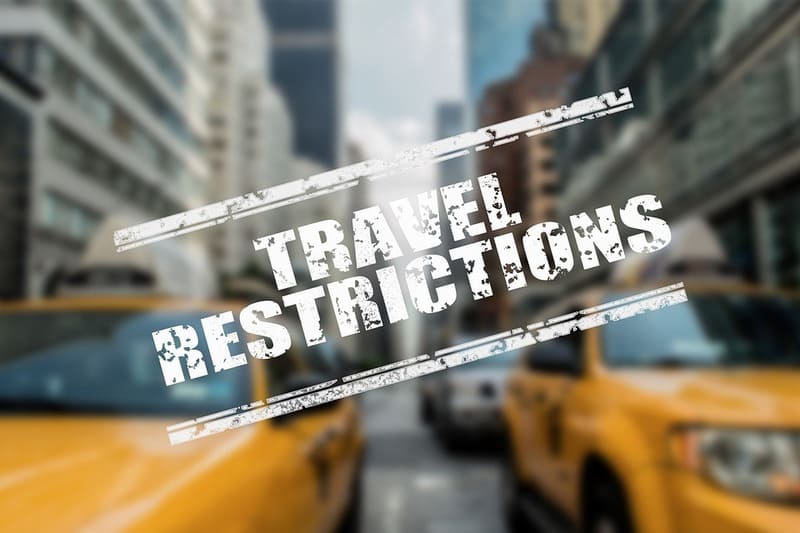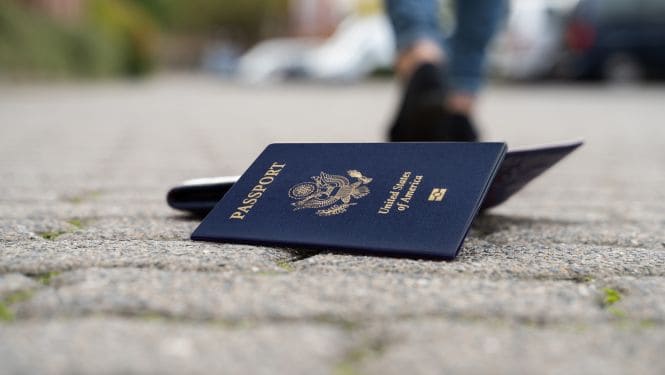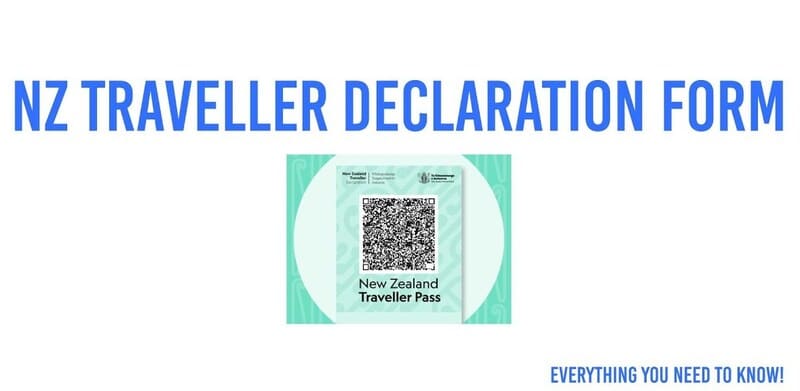
New Zealand welcomes visitors from across the globe. Travellers from eligible countries can apply for an Electronic Travel Authority (NZeTA) online.
International travellers can enter New Zealand as long as they hold a valid passport. They must also be of good character, and have the correct visa or NZeTA.
The information below explains regular entry restrictions for New Zealand, and how travel has been affected by the recent coronavirus outbreak.
Details include:
- Entry restrictions for visa-free travel
- Unacceptable passports
- Import regulations
Entry restrictions to NZ for visa-exempt countries
The regular visa policy of New Zealand grants travellers from several countries visa-free access with the NZeTA.
The New Zealand Electronic Travel Authority must be obtained online by citizens of visa waiver countries before heading to the island nation.
In most cases, NZeTA applications are approved within a matter of minutes. Despite this, applicants should be aware of certain criteria which, if not met, can result in entry to New Zealand being blocked.
Firstly, the applicant’s passport must be valid for 3 months or more beyond the planned stay, travellers with passports which expire before will not be granted entry.
The other reason why an NZeTA application may be blocked is based on character criteria.
Good character requirements mean that applicants with a criminal conviction or who have been deported, removed or excluded from another country may be denied entry.
Entry restrictions also apply to travellers without the following:
- Onward or return ticket
- Visa (if required) for the next destination
- Proof of sufficient funds (NZ $1,000 per person per month, $400 if accommodation is already paid for)
Provided an eligible foreign citizen meets the above requirements, they should not face any entry restrictions for New Zealand.
Passports not accepted to enter New Zealand
Almost all foreigners can enter New Zealand as long as they first obtain the relevant visa or visa waiver.
There are, however, some travel documents deemed unacceptable when applying for a visa for New Zealand:
These include:
- Somali passports, the visa is instead linked to a New Zealand Certificate of Identity
- Tongan Protected Person’s passport
- Investor passports issued by Kiribati and Nauru
- Diplomatic and official passports issued by Taiwan
- Article 17 Kuwaiti passport
- Iraqi S series passport
Most other passports can be used to apply for either a visa or New Zealand Electronic Travel Authority.
Banned and restricted items
It is not possible to enter New Zealand with any of the items listed below:
- Offensive material on video, film, CD recordings etc. or in publications
- Knives, knuckle-dusters and other such weapons
- Cannabis or methamphetamine equipment
- Other controlled drugs
- Certain medicines, especially those containing
Travellers must have a permit or an exemption to carry any of the following objects:
- Animals or animal products protected by CITES (International Trade in Endangered Species)
- Carnivorous plants
- Diamonds
- A number of luxury items and goods of Russian origin, including vodka, gold and precious stones, no matter where they were bought
Anyone wishing to enter New Zealand with restricted goods should check the specific requirements for that item before beginning their journey in order to avoid having it confiscated.
Biosecurity and declaring risk goods
New Zealand prioritises biosecurity. There are strict rules in place to prevent the introduction of dangerous pests and diseases.
Goods categorised as risky must be declared at New Zealand customs. Passenger Arrival Cards are handed out by airline staff with details regarding risk items.
The Passenger Arrival Card is a legal document and therefore must be completed truthfully. Failure to comply with these regulations may result in a large fine.
Types of risk goods that must be declared when entering New Zealand
Risk goods vary depending on the country of origin and other factors. The following is not a definitive list, but these are the most common restricted items:
- All food: cooked, fresh, preserved, packaged, dry
- Animals/animal products: meat and dairy products, fish, honey, eggs, feathers, raw wool
- Plants/plant products: fruit, flowers, nuts, vegetables
- Equipment used with animals, plants, or water: fishing and gardening, water sports etc
- Items used for outdoor activities: footwear, golf/sports equipment, tents
The decision on whether to allow a declared item into the country lies with quarantine officers. On arrival, they will ask you questions and carry out a visual inspection of the items.
Some goods may require treatment and will be available to collect at a later date.
Can I take my pet with me to New Zealand?
Restrictions on importing pets to New Zealand depend on the country of origin.
Cats and dogs can usually be taken into New Zealand without too many problems. However, there are some restrictions.
Domestic cats and dogs must meet a set of entry requirements. These include:
- Have an approved microchip implanted
- Reside in the country of export for at least 6 months before travel
- Meet minimum age requirements
- Not be one of the prohibited breeds
Other pets
Apart from cats and dogs, the only other pets that can be taken into New Zealand are:
- Chinchillas from Great Britain
- Rabbits from Australia
- Guinea pigs from Australia
You can also import certain species of ornamental fish and marine invertebrates.
Duty-free limits when travelling to New Zealand
Travellers should be aware of New Zealand duty-free allowances for importing certain items, such as:
- Tobacco: 50 cigarettes/ 50 grams of cigars / 50 grams of tobacco products / 50 grams mixture of all 3
- Alcohol: 4.5 litres of wine or beer, 3 x 1.125-litre bottles of spirits or liqueur
- Other goods: up to a value of NZ$700
Items must be for personal use only. Goods over these amounts must be declared and will be subject to goods and services tax (GST).
How much cash can I carry into New Zealand?
Travellers carrying cash over the equivalent of NZ$10,000 are required to complete a Border Cash Report on arrival at the airport.
There is no restriction on the amount of foreign currency that can be taken into New Zealand, provided it is declared.
Restrictions on taking medicine into New Zealand
If carrying medicines or controlled drugs into New Zealand travellers should ensure that they have a prescription note from their doctor.
A maximum of 3 months’ worth of a prescription medicine can be taken, one month’s worth of controlled drugs. All medicines and drugs must be kept in their original packaging.
Can I still apply for the New Zealand eTA?
Yes, New Zealand’s borders are open to international visitors. Eligible travellers can apply for an eTA before their trip.
I already have a New Zealand eTA, can I still use it?
People with an existing New Zealand eTA can use it, provided you applied no more than 2 years ago. NZeTA holders can find the expiry date of their travel authority in the email notification received when the application was approved.


